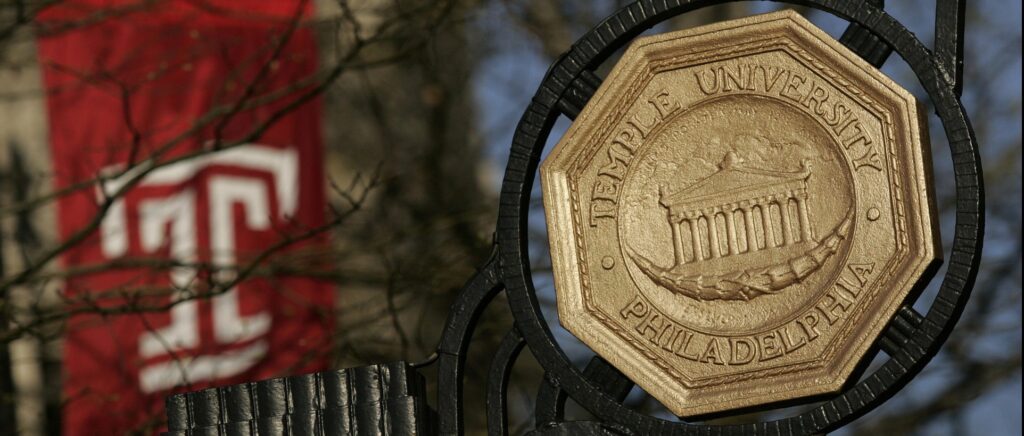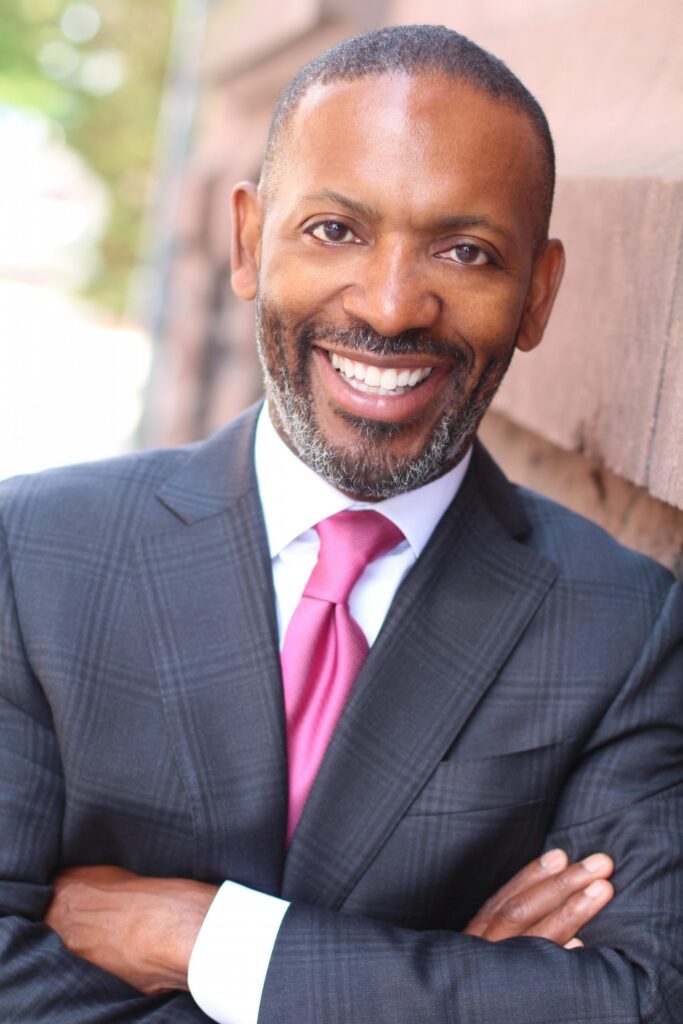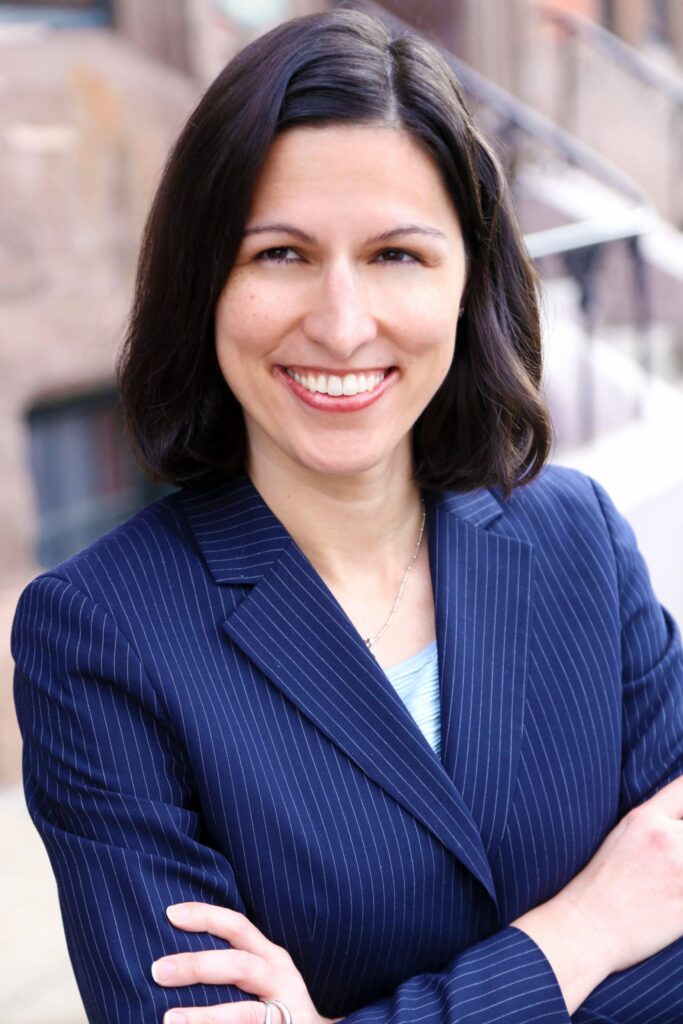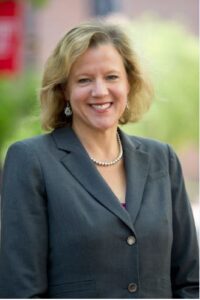
Temple Law is pleased to announce the creation of a new in-house clinic, the Federal Appellate Litigation Clinic. The clinic will partner with Philadelphia-based law firm, The Tucker Law Group, founded by Joe Tucker, Jr. LAW ‘89, to provide pro bono representation to low income appellants in the United States Court of Appeals for the Third Circuit. Although the clinic will primarily focus on immigration appeals, students may also work on prisoners’ rights and habeas corpus litigation.


“Working with a law firm on pro bono cases will provide students a new perspective on strategizing and developing legal arguments. The students will have the opportunity to apply what they have learned in the classroom to the benefit of a client,” said Jessica A. Rickabaugh, Esquire of the Tucker Law Group. “I am excited and honored to work with Temple students as they fight to protect the rights of individuals in our community. I am also excited to see students have an opportunity to do appellate work very early in their careers.”
The clinic is open to 3L and 4LE students and consists of a 2-credit pass/fail clinic component and a 2-credit graded seminar for four total credits. Students will manage all aspects of representation for assigned appeals including ensuring proper procedure has been followed, researching the substantive issues, preparing motions and correspondence for the court and client, providing regular client status reports, drafting appellate briefs, and presenting oral argument before the Third Circuit. Students will also attend a weekly two-hour seminar that focuses on further developing their appellate advocacy skills.
Rachel Goodman LAW ‘20 represented an indigent immigrant in a deportation appeal before the Third Circuit last year as part of the development of the clinic. That experience, she said, taught her what it means to be part of a legal team. “I learned how lawyers divide different tasks and support each other’s research and writing. This experience further showed me how to respectfully navigate differences. While we all shared the common goal of obtaining relief for our client, there were often varying opinions about the best way to get there. Professor Levy and Professor Epstein taught me how to let the client’s best interests drive the discussions and decisions about the right course of action to pursue.”
The clinic will be taught by Professor Mary Levy, who noted that while litigants in immigration and civil rights appeals have a much greater likelihood of success if they are represented by counsel, high quality, affordable representation is scarce. Levy expressed enthusiasm for the clinic as an “excellent opportunity to fill that gap by marshalling our exceptionally talented upper level students to provide pro bono representation while allowing them a ‘real world’ opportunity to utilize the advocacy skills they learned at Temple Law.”

